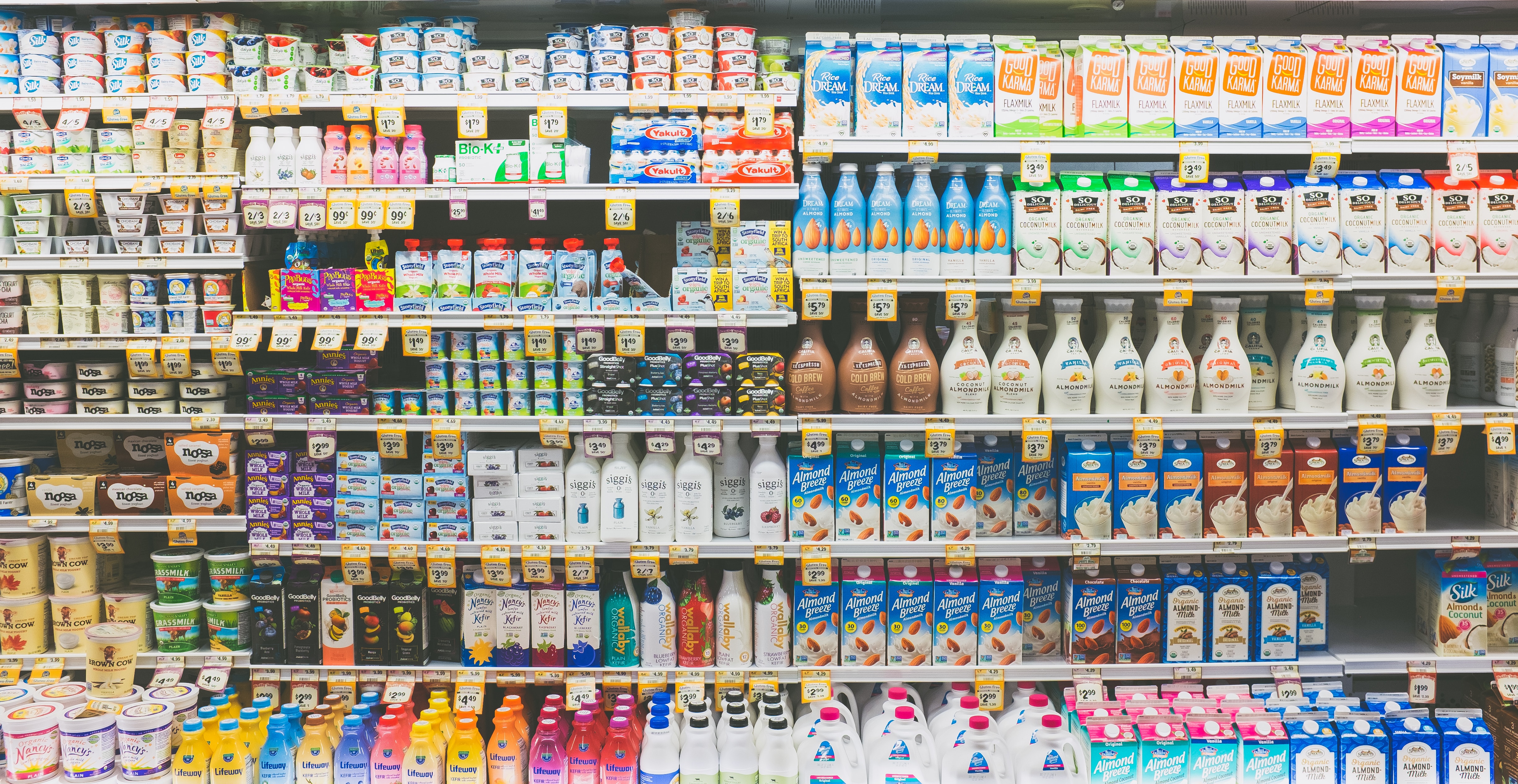E-commerce giant Flipkart may acquire the cash and carry wholesale business of its American parent Walmart, as the battle for India’s fledgling online food and grocery sector intensifies.
Citing sources, a report in local media outlet Economic Times (ET)said Flipkart is looking at “a reverse acquisition of the B2B segment of Walmart,” which if and when acquired “will function as a subsidiary” of the Bengaluru-headquartered online retailer.
Walmart India owns and operates 28 wholesale stores under the Best Price brand, which sells an assortment of over 5,000 items to mom-and-pop shops, local kiranastores, and small business owners. (Kirana stores are neighborhood stores that sell household items, groceries, vegetables, fruits, and other everyday goods.)
The company’s organized B2B retail business, however, has been suffering losses in the country. For the financial year ended March 2019, Walmart’s Indian wholesale unit posted a loss of USD 24.1 million (INR 1.72 billion), nearly twice the amount it posted the year before.
In December, the American retail giant was reported to be in talks with Tata Group, one of the largest conglomerates in the country, which was looking to pick up a 49% stake in Walmart India’s cash and carry business. Earlier this month, the company went through a restructuring that resulted in 56 senior and mid-level executives getting fired.
Krish Iyer, president and CEO of Walmart India, said in a statement that the company was looking for ways to operate more efficiently and that it had made significant investments in its brick and mortar stores as well as e-commerce.
Taking over Walmart India’s wholesale business will give Flipkart leverage over its rivals in the soon-to-be USD 10.5 billion e-grocery space. Rivals include Amazon, Alibaba-backed BigBasket, SoftBank-backed Grofers, and the newly launched JioMart, an e-commerce venture of India’s largest company Reliance. The acquisition will help Flipkart strengthen its supply chain as it would be able to sell food and grocery products to kirana shops, which the online retailer would consequently leverage to cater to end users.
“If the move goes through, it will create an efficient and asset-light model that can build on the synergy between all these organizations,” a source told ET. “This looks like a sure shot success story as Flipkart will be able to tap all segments of e-commerce and not only the urban market.”
Late last year, Flipkart began building delivery and supply-chain muscle for its online grocery business. It invested USD 60 million in Bengaluru-based hyperlocal delivery startup Shadowfax and an undisclosed amount in fresh produce supply chain startup Ninjakart along with its parent company, Walmart.
While the Shadowfax investment was aimed at making faster same-day deliveries to boost its 1.5-year-old grocery platform Supermart, Flipkart seeks to leverage on Ninjakart to source fresh produce directly from farmers. Ninjakart connects farmers to retailers through its network of warehouses, as well as fulfillment and collection centers.
With Walmart’s cash and carry business under its belt, Flipkart would be able to solidify its relationship with mom-and-pop and kirana stores. These small businesses are increasingly becoming key conduits to tapping India’s vast consumer base beyond the country’s most developed cities.
